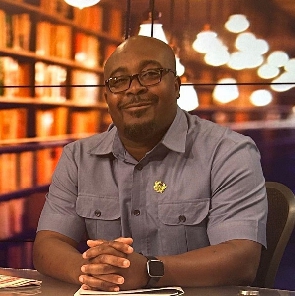Aaron Twum Akwaboah, the Director of Strategy and Innovation at the Ministry of Education, has highlighted the positive impact of the Free Senior High School (Free SHS) policy on Ghana's education sector.
According to him, the implementation of the policy has led to increased equity and accessibility, with a surge in enrollment numbers and improved opportunities for children from disadvantaged backgrounds.
Speaking in an interview with Radio Univers on the achievements of the Free SHS policy, he asserted that in 2013, there were approximately 700,000 students enrolled in secondary schools. However, since the introduction of Free SHS, that number has almost doubled, reaching 1.3 million.
He further emphasized that providing an opportunity for children from economically disadvantaged families to pursue secondary education promotes equity in the system.
"In 2013, we had about 700,000 students in secondary school, but now we have 1.3 million as a result of the Free SHS. So, now it is almost double. That means it is accessible and promotes equity because some people cannot afford to send their children to school due to financial constraints. When a poor person's child can go to school, it signifies equity. In the last 7 years, we have achieved gender parity. Ghana is one of the few countries where you can say there is one-to-one gender equity. We have also achieved regional balance because we have introduced the double-track system," he explained.
He argued that Ghana is one of the few countries that can claim one-to-one gender equity, indicating that equal numbers of male and female students are now accessing secondary education.
The Free SHS policy, introduced in 2017, has been a focal point of the Ghanaian government's efforts to enhance access and quality in education.
Watch the latest episode of The Lowdown:
You can also watch this episode of People & Places here:
Share your news stories and ideas with GhanaWeb

To advertise with GhanaWeb

AM/SARA
General News of Tuesday, 11 July 2023
Source: www.ghanaweb.com

















